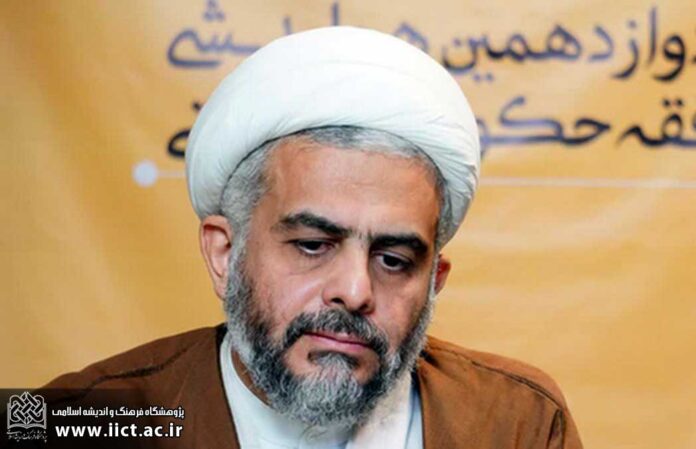A Composition by Hujjat al-Islam Abdul Hamid Vasiti, Member of the Faculty of the Logic of Understanding religion Group, IICT
With the advent of artificial intelligence-based response software (such as ChatGPT, Copilot, Perplexity AI, YouChat, and others, which primarily operate based on the functionality of large language models, or LLMs) and the receipt of relatively specialized answers to certain questions from these software tools, ambiguities have arisen regarding the future endeavors of scholars across various scientific fields, including Islamic sciences. Concerns have emerged that, with the advancement of artificial intelligence, a significant portion of intellectuals—let alone the general public—may transition to becoming consumers of AI-generated responses.
Based on this writer’s limited understanding, the anticipated next steps in the evolution of artificial intelligence appear to be as follows:
Artificial intelligence is moving toward the “customization of chatbots” using structured, specialized corpora (SF = Special Features) or unique algorithms tailored to specialized subjects. This trend suggests that, in the near future, alongside continuously optimized general-purpose chatbots, we will encounter specialized chatbots such as medical chatbots, judicial chatbots, environmental chatbots, educational chatbots, and more. These specialized chatbots will likely be developed by individuals, institutions, or specialized companies and will be available at specific prices. Moreover, within each profession and specialized field, enhanced chatbots bearing distinct brands will likely emerge in competition with one another. Among information consumers, certain brands are expected to gain special credibility, to the extent that in research citations, the results produced by one chatbot may receive distinct weighting or scores compared to others.
This trend is also expected to manifest in the realm of Islamic sciences. Chatbots trained in various branches of Islamic sciences will be developed, sparking competition among specialized centers producing them—not only domestically but also in the broader Islamic world and internationally. For instance, it may become common among researchers to state that for receiving responses with high research credibility in the field of Islamic humanities, one must utilize the chatbot developed by the Research Institute for Islamic Culture and Thought.




